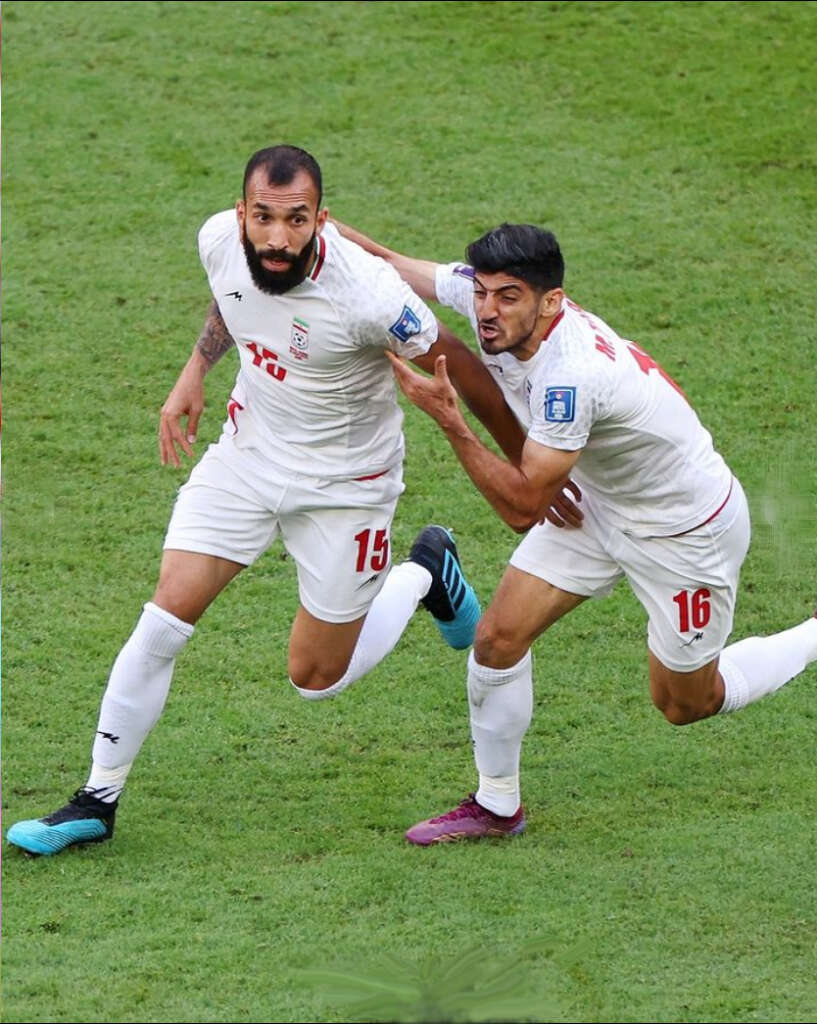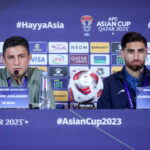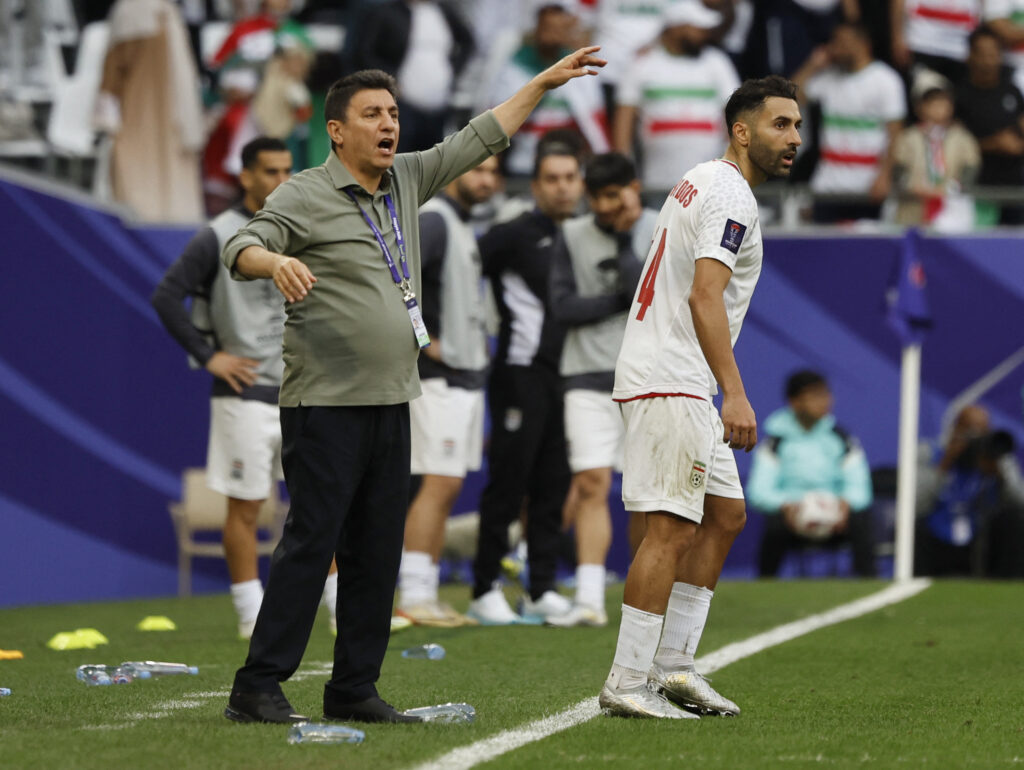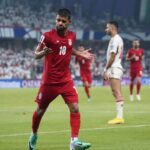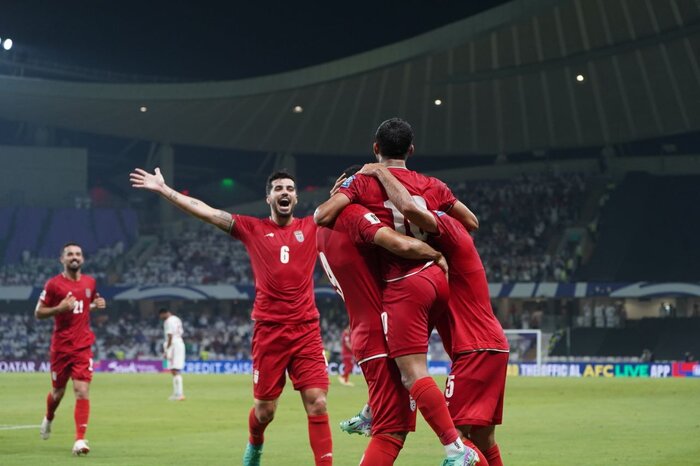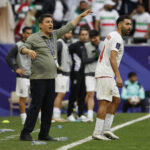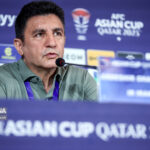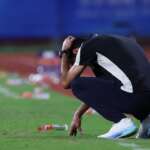Team Melli Gears Up for Crucial Clash Against Uzbekistan
With just a week remaining before the pivotal match against Uzbekistan, Team Melli is banking on the strong form of its players across various leagues. As Iran prepares for the away fixture, head coach Amir Ghalenoei is expected to stick with a familiar squad, similar to the one fielded in the previous two matches. What bodes well for Team Melli is the impressive performances many of its key players have delivered at the club level in both domestic and regional competitions.
Key Players in Form
Sardar Azmoun has been in exceptional form for Shabab Al-Ahli in the UAE league, making headlines with his consistent performances. Likewise, Mehdi Ghayedi has impressed with his contributions for Ittihad Kalba, a smaller club, but one where he has made a significant impact.
Saman Ghoddos has also secured playing time after signing with Ittihad Kalba. Though the move from Europe to the UAE may seem like a downgrade for the midfielder who played all his professional career in Europe, regular minutes on the pitch are essential for his form, particularly with Team Melli in mind.
In Iran’s domestic league, most of Team Melli’s players have been solid, if not spectacular. However, one standout performer has been Javad Aghaeipour. His two goals in Sepahan’s AFC Champions League match against Istiklol of Tajikistan, coupled with his domestic league displays, make him a strong candidate for a recall to the national team. His form adds competition to an already crowded forward line.
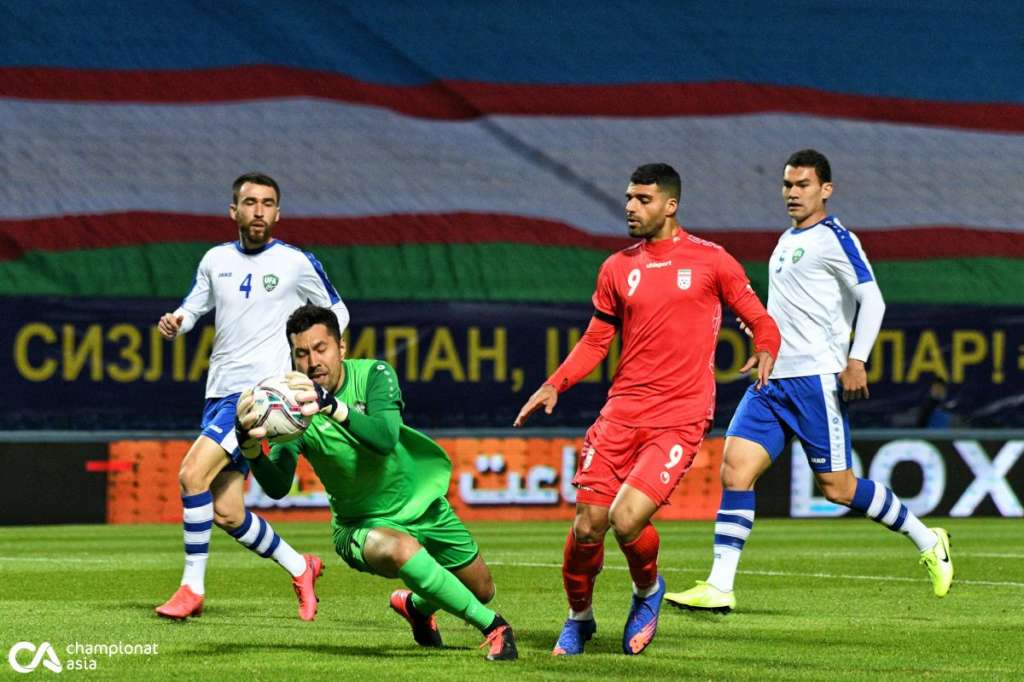
Taremi’s European Brilliance
Mehdi Taremi had a standout performance for Inter Milan in their UEFA Champions League win against Red Star Belgrade, where he was named Man of the Match. Taremi played the full 90 minutes, providing two assists for Arnautovic and Martinez, before scoring a penalty to seal a 4-0 victory. After a disappointing display in Team Melli’s last match against the UAE, this performance will give Taremi a much-needed confidence boost ahead of the Uzbekistan game.
Ghalenoei’s Selection Dilemma
Amir Ghalenoei is spoilt for choice when it comes to squad selection, as Team Melli is brimming with talent. The challenge lies in how he can mold these individuals into a cohesive unit that can withstand the pressure of facing a formidable Uzbek side.
Uzbekistan: A Tough Opponent
Although Uzbekistan has a poor head-to-head record against Iran, they are a difficult team to overcome. Led by experienced coach Srečko Katanec, Uzbekistan boasts a tactically astute and disciplined squad. Katanec is known for his ability to exploit opponents’ weaknesses, and his strategic acumen will be a key factor in this encounter. Uzbekistan, still seeking their first-ever World Cup qualification, have been undefeated in this campaign and currently top the group on goal difference.
Tactical Battle Awaits
The match is shaping up to be a tactical showdown between two contrasting styles. While a draw may seem the most likely outcome on paper, Uzbekistan’s home advantage could tilt the balance in their favor. Team Melli’s defense, which has shown vulnerability in previous matches, will need to be sharp and organized to handle Uzbekistan’s dynamic attack.
The high-stakes clash will take place in Tashkent on October 10, 2024, at 17:30 Iran time.



